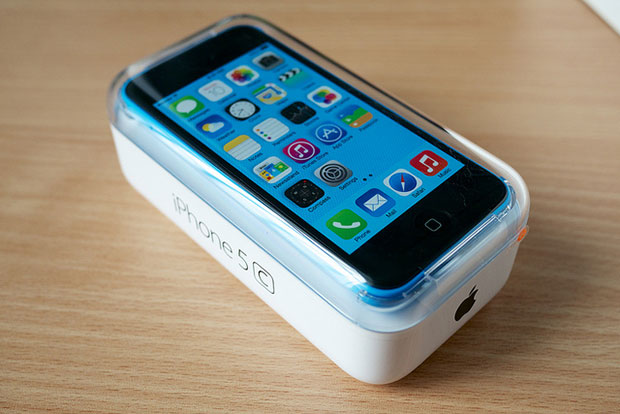Apple Reportedly Taking Extreme Measures To Make iPhones Even Harder To Crack
Apple is under immense pressure to cave in and give into the requests of the FBI when it comes to unlocking one iPhone 5c that is tied to a ruthless terrorist. The FBI’s initial demands of Apple fell on deaf ears, so a court order was issued for Apple to provide “reasonable technical assistance” to aid in unlocking the device. Apple countered that doing so would only put more of its customers at risk and set a dangerous precedent for future cases.
So what is a company like Apple to do when it’s tasked with going toe-to-toe with all the legal might of the U.S. Government in a case that shows Apple on the wrong side of public opinion? If you’re Tim Cook, you double down on iPhone security. A new report suggests that Apple is going to make it even harder to crack into future iPhones; so hard in fact that even Apple won’t be able to create workaround or provide the “keys” to unlock information for law enforcement.
The New York Times says that it has spoken with a senior Apple executive that confirmed that even more impenetrable security measures are being developed, while yet another source close to the Apple says that the folks in Cupertino were working on upgraded security protocols well before the San Bernardino attacks. One likely “fix” would be for Apple to disable its troubleshooting functionality that allows Apple to upload a new firmware onto a device that is malfunctioning without the need of a passcode.

This is the attack vector that the FBI wants to use in order to gain access to Syed Farook’s iPhone 5c. In essence, the FBI wants Apple to create a custom version of its iOS software that breaks the countermeasures in place that erase all data on the device after repeated, incorrect passcode entries and upload it to Farook’s phone. With the passcode protection removed, the FBI would be able to use brute force to guess the passcode, unlock the device, and gain access to all information stored within it.
However, if Apple would make it impossible to upload new or customized firmware in this manner, the FBI would be forced to find another way around the iPhone’s security defenses.
“We are in for an arms race unless and until Congress decides to clarify who has what obligations in situations like this,” said Brookings Institution senior fellow Benjamin Wittes.
"This case is not about one phone," said Cook in a recent interview with ABC News’ David Muir. "This case is about the future. ... If we knew a way to get the information on the phone -- that we haven't already given -- if we knew a way to do this, that would not expose hundreds of millions of other people to issues, we would obviously do it. ... Our job is to protect our customers."

